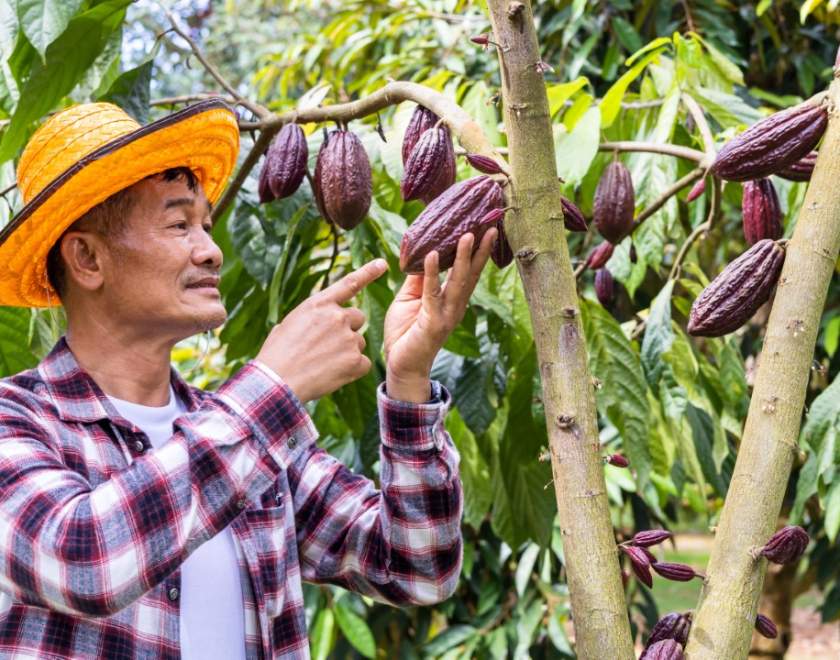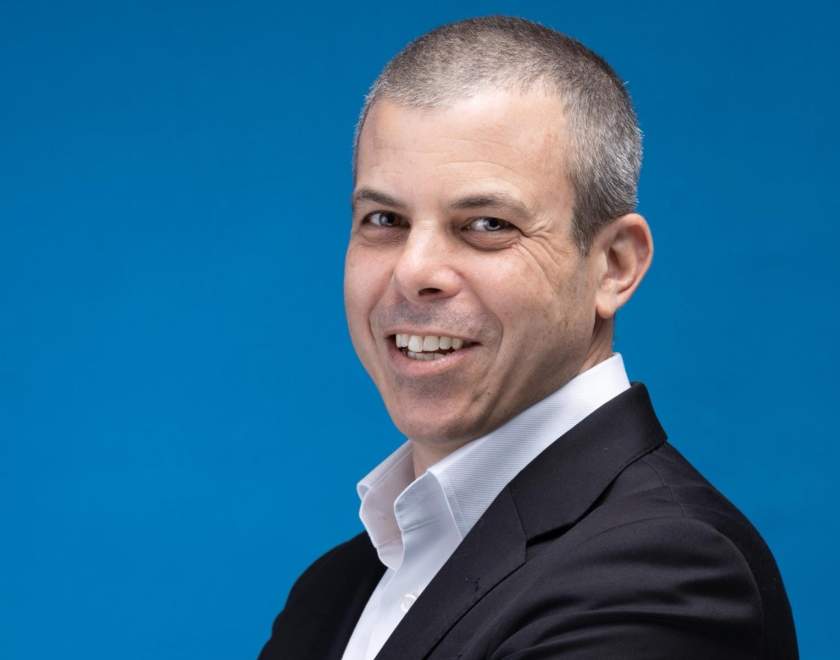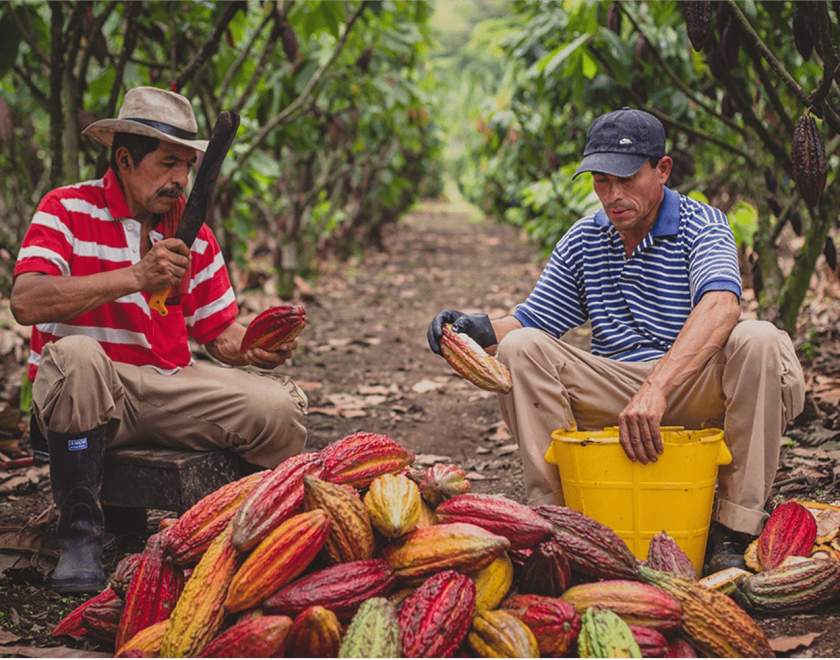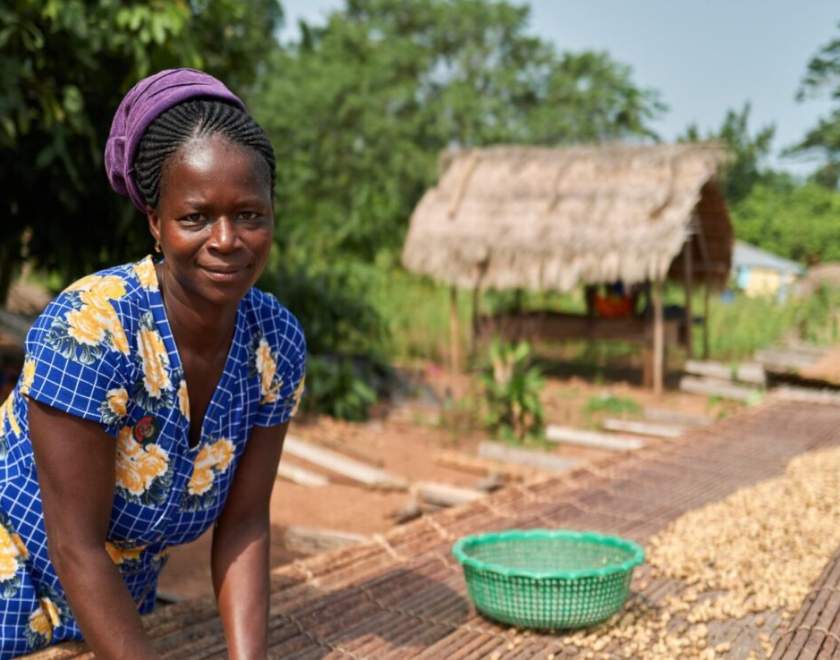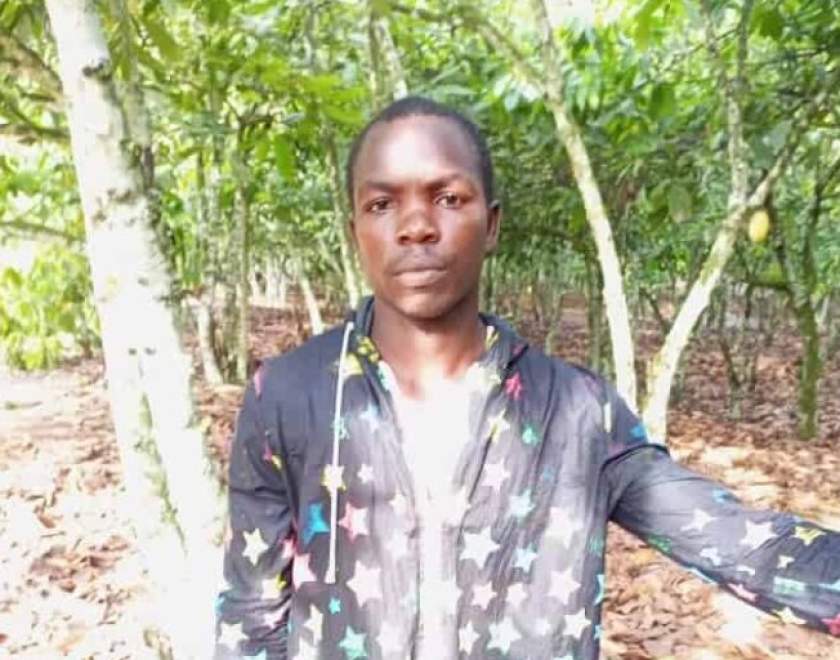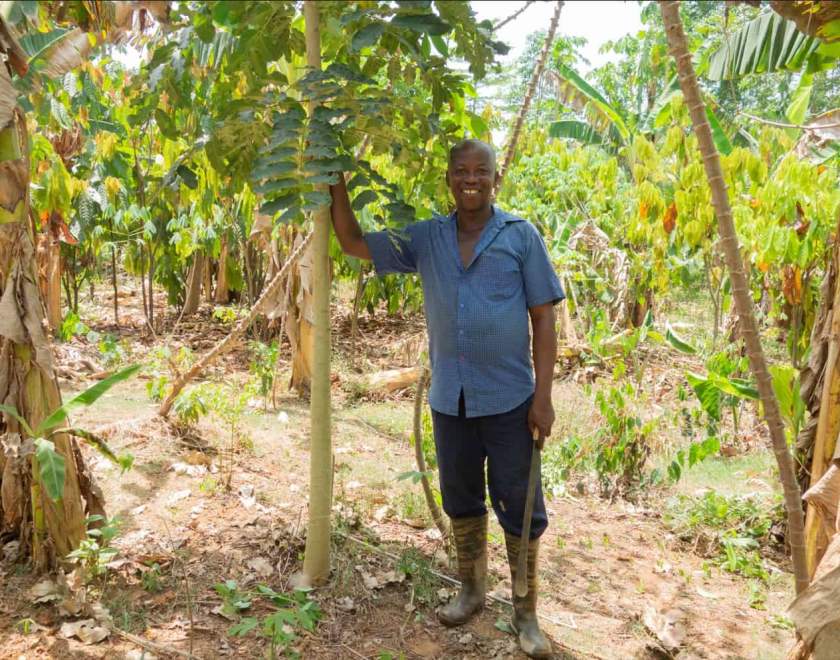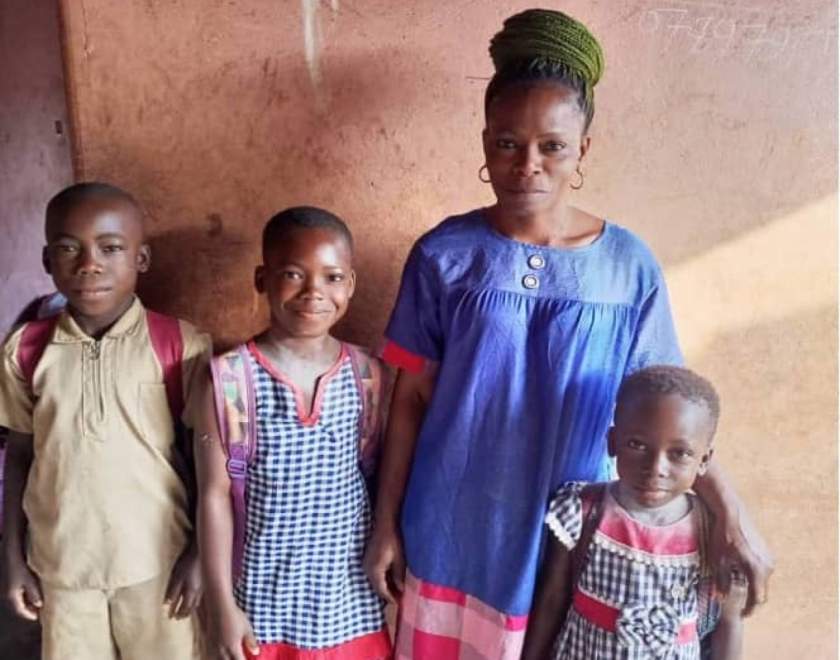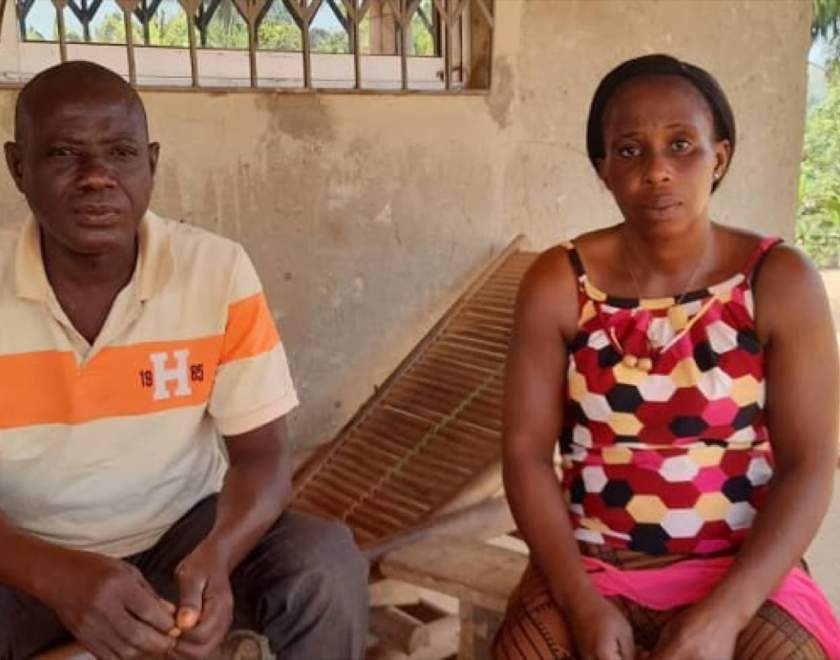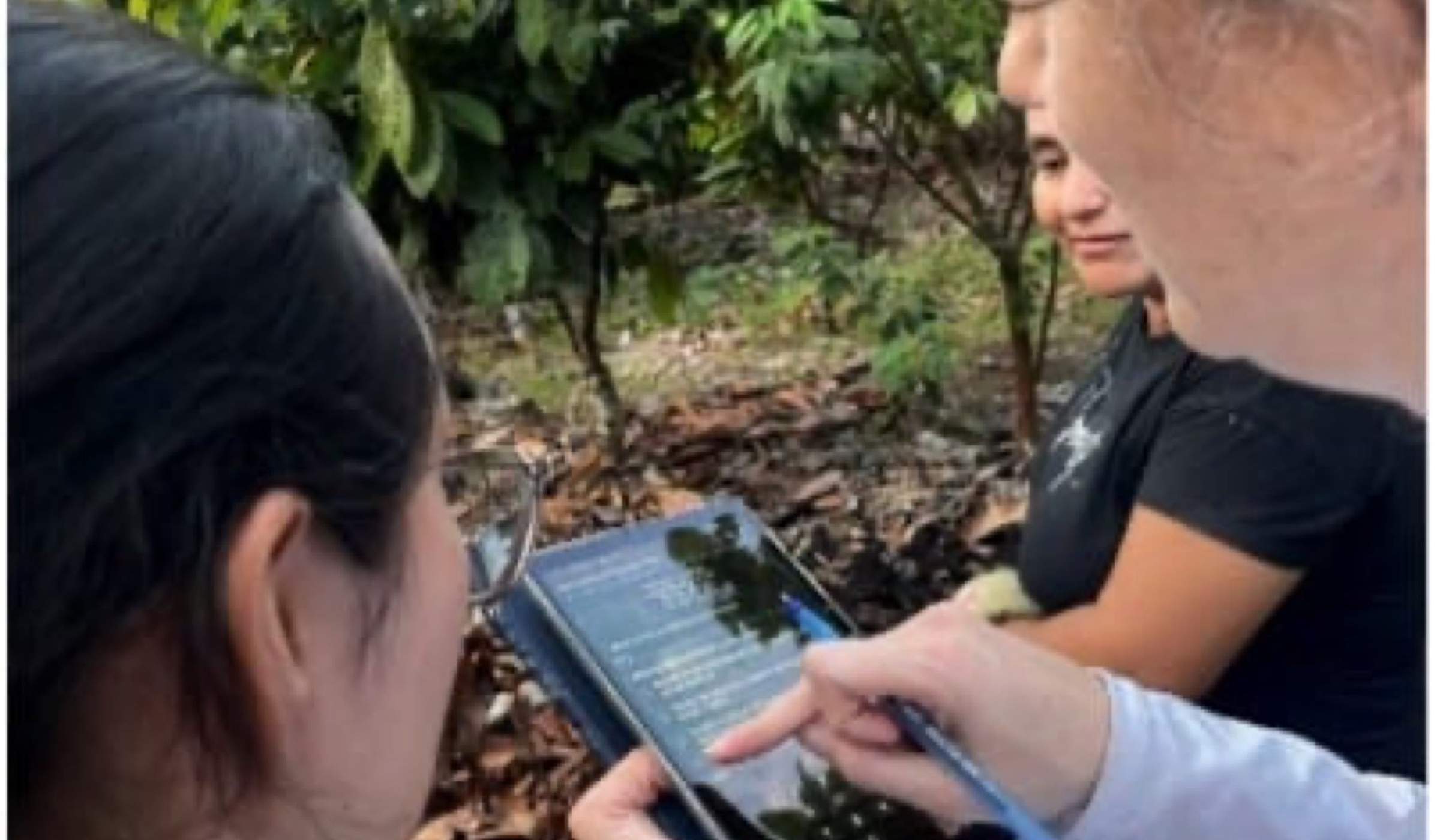
Climate change is a real, tangible threat and it is already impacting the planet and people’s livelihoods.
At Mars, we believe in business as a power for good and we’re committed to doing our part. As a family-owned business that has been active for over a century, we think in generations and believe strongly in leaving a legacy and wanting to protect our planet.
Achieving a deforestation and conversion-free cocoa supply chain is the single largest and most significant first step Mars can take towards delivering on our commitment to hold our land use flat, reduce greenhouse gas emissions and achieve net zero greenhouse gas emissions across our full value chain by 2050.
Remote sensing is a useful method that helps keep an eye on deforestation and damage to forests all around the world. Satellite data allows to regularly make maps and keep track of big areas of land, which is helpful, especially in places that are hard to reach or access easily. Although, in our pursuit of a deforestation and conversion-free cocoa supply chain, we realized current remote sensing methods have had trouble accurately spotting deforestation. Specifically, when it comes to tree crops like cocoa. For instance, when farmers planted new cocoa trees, the technology mistakenly thought they were cutting down forests.
Furthermore, partner organizations regularly conduct field visits to verify deforestation claims, validating or refuting the remote sensing results. However, without proper documentation, it can prove difficult to substantiate their findings. Lack of time or not fully understanding the restrictions of remote sensing could lead to farmer organizations unintentionally exclude farmers from their supply chain even if these farmers haven't been involved in cutting down forests.
Sinan Adama, Supplier Development Program Manager, Mars Cocoa Enterprise: "After interacting closely with farmer organizations in Ivory Coast, it became evident that they didn’t know how to address suspected cases of deforestation based on remote sensing. They are thrilled to now have a tool at their disposal to guide them in investigating suspected cases of deforestation in the field. It allows them to meet their legal and voluntary commitments regarding deforestation while being responsible vis-à-vis the farmers they buy from.”
Mars is working to build rigorous risk management and well-documented due diligence processes. In collaboration with our suppliers, we have taken proactive steps to develop field criteria that verify whether suspected deforestation identified with remote sensing is actual deforestation.
These criteria, shaped through on-site visits with Blommer, ECOM, ofi, Sucden, and Touton, have culminated in an innovative field verification app.
The app serves two main purposes:
- Establishing Cocoa Tree Origins: It supports collecting substantiated evidence that the existing cocoa trees were established prior to the stipulated cutoff date.
- Validating Land Use History: In cases without evidence of cocoa tree establishment, the app supports substantiating past productive land use before the current cocoa trees or confirms the absence of forest tree felling indicative of a prior forest presence at the cutoff date.
Through a step-by-step approach, the app not only supports robust due diligence, but also decreases the number of farmers being excluded from farmer organizations without justification and substantiation.
Frederic Dion, Monitoring and Evaluation Manager, Blommer: "The field verification app developed in collaboration with Mars has an important positive impact on our operations. It allows our Field Assurance Officers to corroborate our granular historical forest loss data and alerts and help ensure that cocoa farmers are not wrongly excluded from the supply chain due to potentially erroneous grievance that may originate from sources using coarser, less refined remote sensing results. This not only benefits our partnering farmers but also helps us maintain the integrity of our business and claims. It's a proactive step towards achieving our deforestation-free supply chain ambition.”
The app is available in English, Spanish, and French (Bahasa Indonesian coming soon). We thank our colleagues at Blommer, ECOM, ofi, Sucden and Touton for their contributions and we specifically want to recognize Ana Cecilia Rivera Figueroa (ECOM), Agni Lombeida (Mars) and Carmen Gutierrez (Mars); Adama Sinan (Mars) for the translation to Spanish and French.
We extend an invitation to others to utilize, refine, and contribute to this tool, enriching the broader community's efforts towards sustainable cocoa sourcing.
